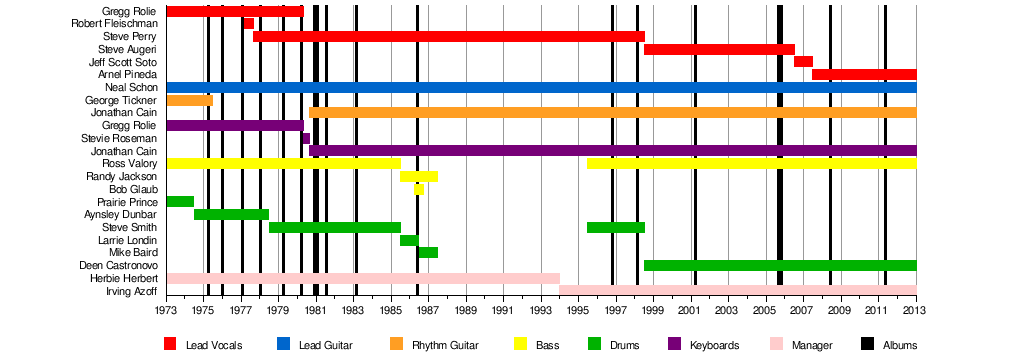The impossibility of imagining information retrieval in the past
It’s harder to imagine the past that went away than it is to imagine the future. What we were prior to our latest batch of technology is, in a way, unknowable. It would be harder to accurately imagine what New York City was like the day before the advent of broadcast television than to imagine what it will be like after life-size broadcast holography comes online. But actually the New York without the television is more mysterious, because we’ve already been there and nobody paid any attention. That world is gone.
My great-grandfather was born into a world where there was no recorded music. It’s very, very difficult to conceive of a world in which there is no possibility of audio recording at all. Some people were extremely upset by the first Edison recordings. It nauseated them, terrified them. It sounded like the devil, they said, this evil unnatural technology that offered the potential of hearing the dead speak. We don’t think about that when we’re driving somewhere and turn on the radio. We take it for granted.
–William Gibson, interviewed in the Paris Review no. 211
There’s a whole class of information that’s both trivially easy for Web-literate people to access today and virtually impossible to access with tools from even 10 or 15 years ago.
I’ve thought about this fact for a while, and one of my favorite examples has been the names of members of a band. It’s one Google or Wikipedia search away, but as Gibson suggests above, I almost cannot conceive of how to determine this without those tools.
Seriously: what could you do? Such information would not likely be in an encyclopedia, and maybe not in any printed reference books. You could ask at a record store, or call a radio station or the label they were on (after finding a number on the back of an LP, in a catalog, or calling an operator in the city in which they were based).
I’d used that example to describe the phenomenon for a long time before finding one of my favorite sections of the Wikipedia, a timeline of the members of Journey,1 embedded teeny-tiny here:
The difference is incredible. And it’s easier (for me at least) to imagine getting this information through an augmented reality pop-up or piped into a heads-up display than to get it in any analog way.
-
It’s also dynamically generated with a plug-in called Timeline, which makes it semantically significant and editable. It’s a pretty incredible thing. ↩
